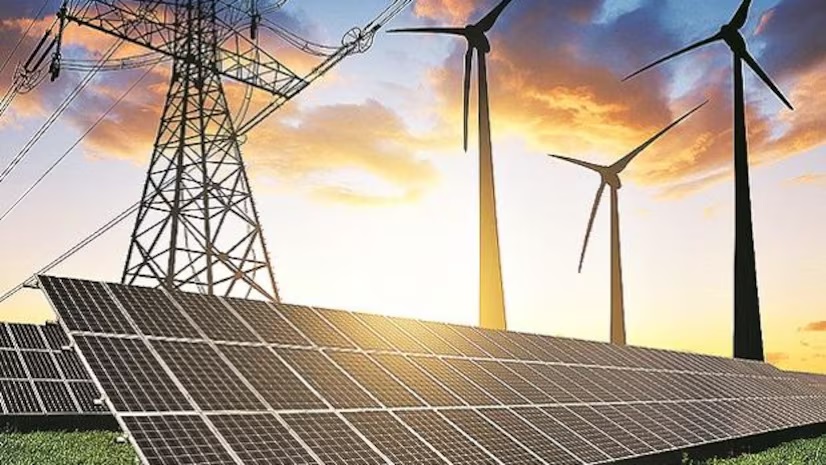Introduction:
In a recent interview, renowned energy expert Nj Ayuk delved into the transformative potential of energy transition and its significant benefits for Africa. As the continent faces various challenges, Ayuk sheds light on how embracing clean and sustainable energy sources can pave the way for sustainable development. This article explores Ayuk’s insights on the advantages of energy transition and its role in Africa’s future.
The Need for Energy Transition:
Africa, like many other regions, heavily relies on fossil fuels for energy generation. However, this traditional energy model poses numerous challenges, including environmental degradation, health risks, and limited access to electricity for millions of people. Energy transition, which involves shifting towards cleaner and renewable energy sources, offers a compelling solution to these issues.
Enhancing Environmental Sustainability:
One of the primary benefits of energy transition is its positive impact on the environment. By reducing dependence on fossil fuels, Africa can significantly decrease greenhouse gas emissions, mitigating the effects of climate change. Transitioning to renewable energy sources such as solar, wind, hydro, and geothermal power can substantially lower carbon footprints and promote sustainable development.
Improving Energy Access and Affordability:
Energy transition opens doors to greater energy access and affordability for African communities. By harnessing renewable energy sources, especially in remote and underserved areas, clean and reliable electricity can be made available to those who need it the most. This empowers individuals, communities, and businesses, fostering economic growth and reducing energy poverty.
Stimulating Economic Growth and Job Creation:
The transition to clean energy presents significant economic opportunities for Africa. Investing in renewable energy projects can attract foreign direct investment, create jobs, and stimulate local industries. From solar panel manufacturing to wind turbine installation and maintenance, the renewable energy sector has the potential to become a major driver of economic growth and employment generation.
Strengthening Energy Security:
Diversifying the energy mix through transition ensures greater energy security for African nations. Overdependence on imported fossil fuels exposes countries to price fluctuations and geopolitical uncertainties. By harnessing indigenous renewable resources, Africa can enhance its energy independence and reduce vulnerability to external factors, ensuring a stable and reliable energy supply.
Promoting Health and Well-being:
The transition from fossil fuels to clean energy sources has significant health benefits. Traditional energy sources, such as coal and biomass, contribute to air pollution, leading to respiratory illnesses and premature deaths. Adopting renewable energy eliminates harmful emissions, improving air quality and safeguarding the health and well-being of African populations.
Conclusion:
Energy transition stands as a powerful catalyst for Africa’s sustainable development. Nj Ayuk’s insights highlight the numerous advantages of embracing clean and renewable energy sources, from environmental sustainability and improved energy access to economic growth and enhanced energy security. By prioritizing energy transition, Africa can carve a path towards a greener, healthier, and more prosperous future for its people.
FAQs
- How can energy transition benefit Africa’s environment?
Energy transition can benefit Africa’s environment by reducing greenhouse gas emissions and mitigating the effects of climate change. By adopting renewable energy sources, such as solar and wind power, Africa can significantly lower its carbon footprint and promote environmental sustainability.
- What are the economic opportunities associated with energy transition in Africa?
Energy transition in Africa presents significant economic opportunities. Investing in renewable energy projects can attract foreign direct investment, create jobs, and stimulate local industries. From manufacturing solar panels to installing and maintaining wind turbines, the renewable energy sector can contribute to economic growth and employment generation.
- How does energy transition improve energy access in Africa?
Energy transition improves energy access in Africa by harnessing renewable energy sources. By deploying solar, wind, hydro, and geothermal







